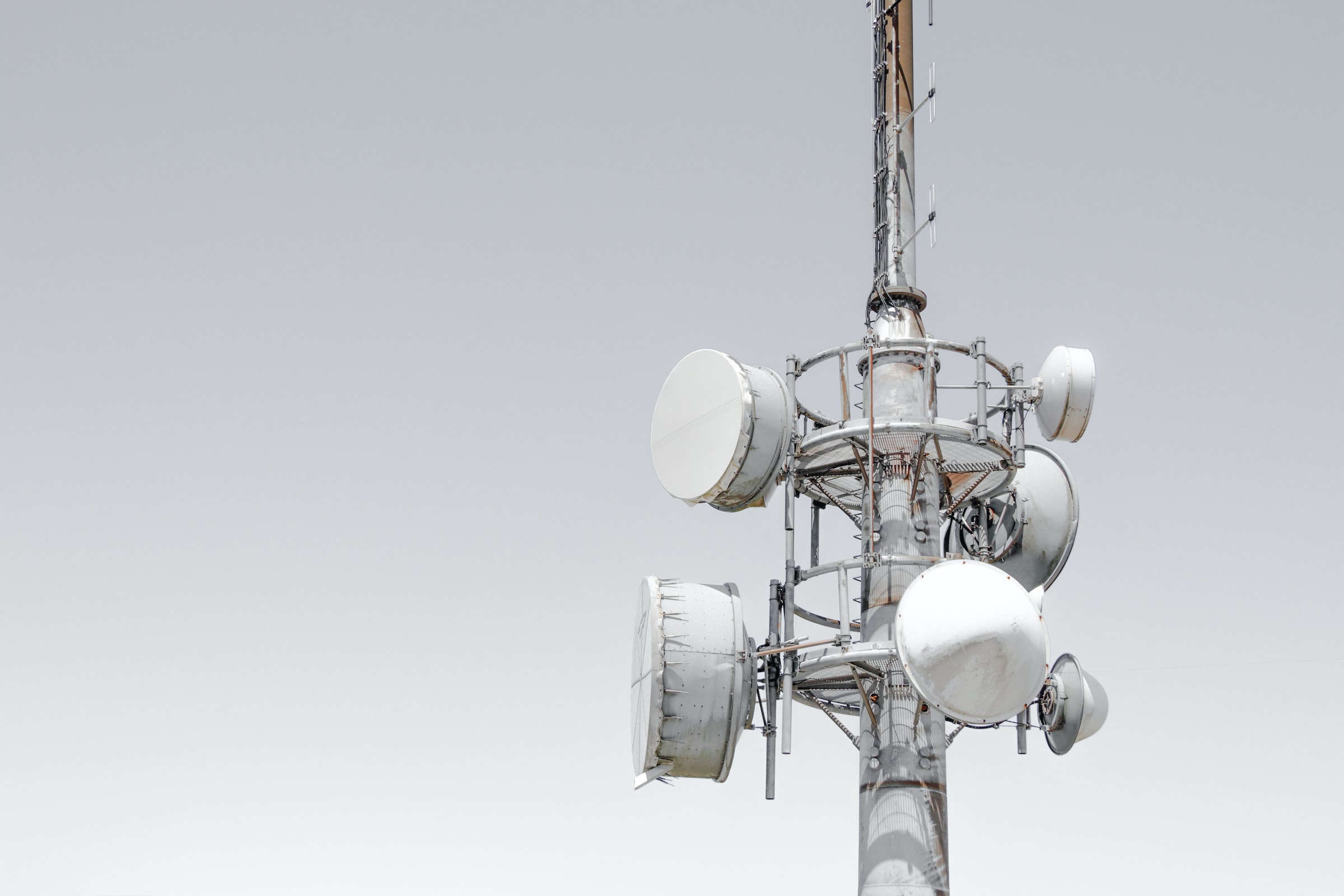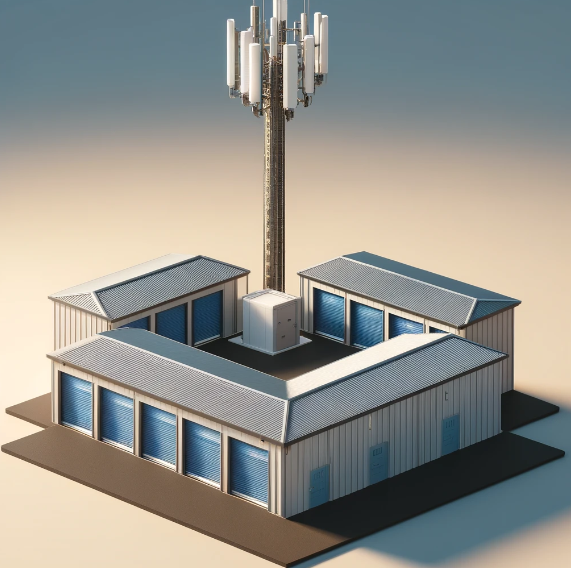How to Evaluate Lease Extensions
How To Evaluate Lease Extensions
Steel in the Air has served thousands of property owners across the U.S. with cellular lease negotiations and asset valuation. The highest lease rates that we obtain for our clients occur during renegotiations for leases that are due to expire in the near future (five years). Reviewing the value of an expiring lease is a fairly complex task involving a number of factors that influence how much tower companies and wireless carriers will pay to continue the lease after the expiration date.
When tower companies first develop a tower or cell site, they typically have other parcels that they can consider in lieu of the subject parcel. The difference with expiring leases is that the companies have already invested a significant amount, including the tower itself as well as antennas and ground equipment. In addition, specific towers are connected with and affect one another, so changing one can result in significant changes throughout the network.

Finding The Sweet Spot In Lease Expiration Negotiations: How Much Is Too Much?
Contact Us
1. Identifying The Tower’s Purpose: Capacity And Coverage
Our consultation starts by reviewing the cell site’s intended purpose, including its coverage and capacity. Coverage can be described as signal strength (eg: whether your phone has 1 or 5 bars), and capacity as the ability of multiple subscribers to tap that signal. Capacity deficiencies happen when signal strength is strong but there is not enough bandwidth for all subscribers to access the network at the same time.
Consumers demand strong cellular networks that are seamless, reliable and can handle heavy data transfers, in addition to voice connections. Successful cellular networks require sufficient capacity and coverage to handle the needs of particular subscriber bases. It’s a bit complicated because the demand of each market varies, subsequently affecting the engineering requirements of specific cell sites. Steel in the Air tracks wireless carriers’ infrastructure deployment plans and understands what their particular needs are in specific geographical locations. When we evaluate specific cell towers, we can determine how valuable their are to the carriers’ network as a whole, thereby determining with great accuracy the rent and escalation amounts they are willing to pay.
2. Reviewing Zoning Regulations
In addition to the cost of relocation, municipal zoning ordinances can also be a factor in determining how much a tower owner will pay to extend an existing cellular lease. Most municipalities only allow a certain number of towers; however, if it’s in their best interests, tower companies will promise to not only remove existing towers, but replace them with more aesthetically pleasing ones, such as Stealth Towers. Alternatively, they might look to lease from the municipality directly in order to avoid the zoning process altogether.
3. Reviewing Appropriate Comparable Structures
Depending on coverage and capacity requirements, rooftops, water towers or even telephone poles may be used to replace existing cell towers. Evaluating the wireless carriers and/ or tower companies’ infrastructure goals helps us to understand whether or not they might consider splitting up their cell sites into smaller cell sites.
4. Reviewing Construction Costs
In the case where it is at least feasible for the tower company to move the tower, we estimate the cost of relocation of the tower. This will include the construction of a new tower, relocation of the carrier’s transmission equipment, and removal of the old tower per the terms of the lease agreement. In the case of rooftop and existing structure sites, we examine the cost of removing the equipment from the existing site and building a new site or multiple smaller sites.
Then, we review our lease rates database to determine the average lease rate for new towers or new rooftop sites is in the area surrounding the subject tower. Because we have thousands of lease rate data points across the U.S., we can tell our clients (with a good degree of accuracy) what the tower company or carrier would offer to pay to lease land on an adjacent property or on a neighboring rooftop or tower.
Based upon the construction costs determined above, we estimate how long it would take the tower company or wireless carrier to recoup the investment that they would have to make in order to relocate the site.
5. Evaluation Of Tower Cash Flow
In the case of i) a tower owned by a tower company or ii) a tower owned by a wireless carrier with additional carriers subleasing the tower, we examine how much money the tower owner is making from the operation of the tower. If the client doesn’t know how many wireless tenants are on the tower, we ask them to take pictures of the tower for our review.
We independently research the identity of these collocators (many of whom are already in our database) to assess their use of the site. We evaluate the equipment and antennas on the cell site to figure out how much revenue the tower company is making from the operation of the tower.
6. Reviewing Comparable Data For Other Lease Expirations
7. Recommending Counter-offers
8. Evaluating Leases As A Whole
9. Providing Appropriate Documentation
We support our clients throughout the entire negotiation process and provide them with all the documentation they need to sufficiently value their cellular assets, in addition to successfully completing lease negotiations. We do want to caution our clients that when they request additional compensation – it’s likely that tower companies will first threaten to remove the tower and rebuild it elsewhere. They will provide their own comparable data about what the “average” lease rate is for the subject area. They will play hardball and get angry. This is when you have to know when to stand firm and when to bend – and we are there as your trusted advisor to make sure you know when those times are.
Unless you have the information that we have, and access to the experts and tower data that we do, it is impossible for you to know whether you have left money on the table when you think you have their highest offer. Even worse, you don’t want the tower company to move the tower because you asked for too much money. We get calls from people who waited too long to ask for our assistance; once the tower company notifies them that they are terminating their lease and moving to another property, there is little we can do. Let our expertise and experience guide you through this harrowing process and get the most for your expiring lease.
Please contact us to submit your information.










